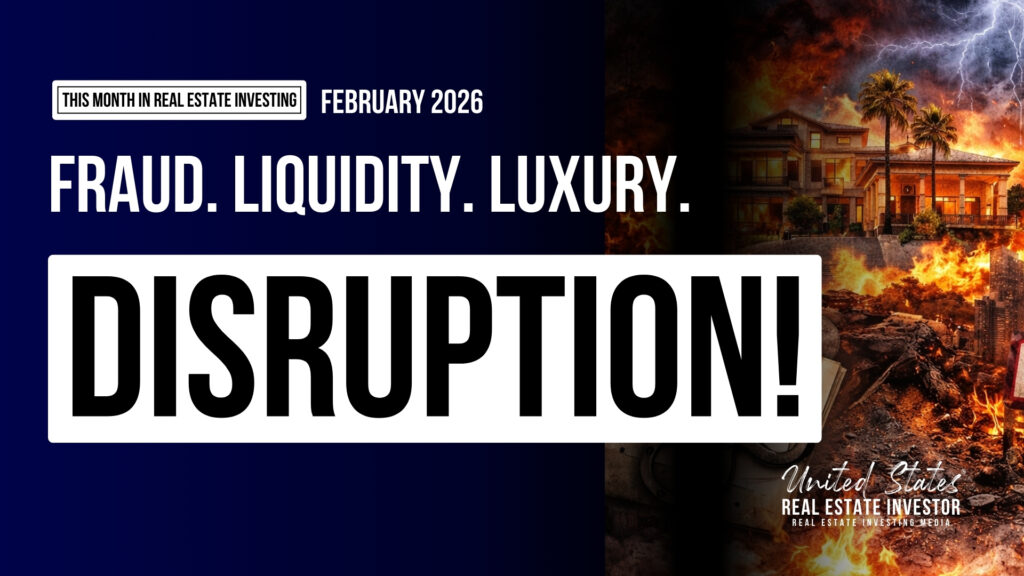Key Takeaways
- Tyler Bossetti has been federally charged with wire fraud in connection with an alleged $11 million investment scheme tied to his influencer-driven companies.
- 2025 has seen a disturbing rise in large-scale financial fraud cases involving high-profile investment personalities across the U.S.
- The Bossetti case highlights growing concerns about the unchecked influence of social media figures in the investing world, especially in fix-and-flip ventures.

A million-follower real estate guru accused of running a deceptive empire?
Tyler Bossetti built a public image on social media as a financial wizard, offering tips, confidence, and alleged opportunities for wealth.
But now, that image is cracking wide open under the weight of federal charges.
How did an “influencer investor” allegedly con his way to $11 million—and what does it mean for real estate investing’s future?
Get ready for a full breakdown of how this shocking scheme unfolded and what it reveals about influencer-led real estate ventures.
- Who is Tyler Bossetti, and what was he promoting?
- What exactly are the federal charges against him?
- How were investor funds allegedly misused?
- What are the legal implications for investors and the REI community?
Let’s dive into this cautionary tale every investor needs to read.
The Rise of Tyler Bossetti: From Mentor to Federal Defendant
Once hailed as a digital-era mogul, 31-year-old Tyler Bossetti gained a massive following as the co-founder of 0Percent and the face of Boss Lifestyle LLC and Bossetti Enterprises LLC.
Through charismatic videos and confident pitches, he encouraged tens of thousands to invest in real estate deals he claimed were “risk-free” and “secured by assets.”
According to the U.S. Attorney’s Office for the Southern District of Ohio, Bossetti promised guaranteed returns through short-term real estate investments.
But behind the social media sheen, prosecutors allege a classic fraud scheme was brewing.
The Alleged $11 Million Real Estate Fraud Unveiled
Federal investigators say Bossetti defrauded more than two dozen investors between 2021 and 2024.
His companies, instead of using funds to purchase and renovate real estate, allegedly diverted millions into:
- Personal living expenses
- Unauthorized cryptocurrency trades
- Repaying previous investors (i.e., Ponzi tactics)
While promising lucrative deals and investor safety, Bossetti was reportedly fabricating updates, offering falsified documents, and concealing the true use of investor funds.
One investor testified that he was assured a 20% return within six months, backed by “real estate assets.”
Instead, the funds disappeared, and communication abruptly ceased.
The Charges: Wire Fraud and the Collapse of Confidence
In April 2025, Bossetti was formally charged with wire fraud in U.S. District Court.
The criminal complaint details how he “knowingly devised a scheme to defraud investors” and used interstate communication (text messages, social media, bank wires) to facilitate the deception.
If convicted, Bossetti faces up to 20 years in federal prison and forfeiture of any assets linked to the crime.
Investor Backlash and Community Fallout
The fallout has been immediate. Real estate groups across the country have issued warnings.
Podcasts, forums, and influencer communities are re-examining partnerships and echoing calls for regulation of financial advice on social media.
While some followers defend Bossetti’s intentions, others feel betrayed.
Several lawsuits have been filed against him and his companies, including a 2023 case by Oak River Equity Ventures LLC in federal court.
The Bossetti case also revives debate about how easily charisma and clever branding can override traditional due diligence.
A National Epidemic: Real Estate Fraud Explodes Across the U.S. in 2025
Tyler Bossetti’s shocking indictment is just one sinister chapter in what is quickly becoming America’s most dangerous year for real estate investors.
As the U.S. grapples with record-breaking fraud cases from coast to coast, 2025 is shaping up to be the year investor trust is under siege.
Bossetti’s alleged $11 million fraud fits into a disturbing pattern—a surge in complex, high-dollar real estate crimes that are targeting both novice and seasoned investors.
The schemes are bolder, the losses are greater, and the warning signs are now impossible to ignore.
From multi-million dollar loan scams to fake voucher giveaways, here are the biggest fraud cases redefining investor risk in 2025:
- $10.3 Million Vanishes in Utah: Two Utah real estate firms were recently accused of orchestrating a massive $10.3 million investment scam, promising secured profits from fake fix-and-flip projects while allegedly siphoning funds for personal use. The scheme unraveled after investor complaints triggered a sweeping investigation by state regulators.
- Letitia James Accused in Explosive Mortgage Fraud Counterclaim: New York Attorney General Letitia James is now entangled in a political and legal firestorm after facing explosive retaliation allegations linked to mortgage fraud. The claim, buried inside a broader legal feud, accuses her office of violating due process and manipulating facts to serve political ends, raising red flags about selective enforcement and potential misuse of power.
- $100M Loan Scam Ends in Sentencing: Four real estate investors were sentenced after being found guilty in a conspiracy to obtain $100 million in fraudulent loans tied to multifamily and commercial properties. Using falsified rent rolls, bogus income statements, and forged documents, the ring misled banks for years before federal prosecutors brought the hammer down.
- Chicago Broker Gets Prison for $2M Investor Fraud: A Chicago-based real estate broker was sentenced to four years in prison and ordered to pay over $2 million in restitution after admitting to defrauding investors. He falsely claimed their money was being used to secure exclusive properties but diverted funds to personal accounts and unrelated ventures.
- Vegas Mogul Indicted in Sweeping Federal Case: In Las Vegas, a high-profile real estate mogul was indicted on multiple federal counts tied to wire fraud and identity theft. Authorities allege the mogul ran a years-long con using shell companies, fake contracts, and forged property titles to solicit millions from trusting backers.
- Fake Housing Voucher Scam Rocks Low-Income Community: Scammers posing as landlords and housing officials have been circulating fake Section 8 housing vouchers to bait desperate renters, some losing their savings in the process. The scam, which has spread via social media, underscores the vulnerability of tenants during an affordable housing crisis.
- Arizona Foreclosure Scam Targets Desperate Homeowners: In a lawsuit rocking the Southwest, homeowners allege they were lured into signing fraudulent foreclosure relief agreements. The scam artists promised to “save” their homes, only to transfer deeds behind their backs and flip the properties for profit.
- Compass Broker Scandal Exposed: An alleged secret kickback scheme involving a Compass real estate broker has rocked the high-end investor community. Internal leaks suggest a conspiracy to funnel under-the-table payments for referrals and inflated commissions, causing investors to question the integrity of luxury brokerage deals.
- Kansas City Realtor Caught in $800K COVID Relief Scam: A Kansas City realtor has been federally charged after allegedly misusing over $800,000 in COVID relief and tax funds. Authorities say the money was spent on luxury items and travel instead of helping small businesses, as claimed.
- Kevin Gao’s $30M Manhattan Bank Fraud: Gao allegedly submitted fraudulent financials to secure over $30 million in loans for Manhattan property development, diverting funds to cover personal debts and inflate his company’s value. The feds have frozen his assets pending trial.
- Roberto Cortes Ripalda’s $130M Ponzi Collapse: The former CEO of Biscayne Capital will serve 10 years in prison for a $130 million investment fraud that wiped out hundreds of retirees’ savings across Latin America and the U.S., a scheme prosecutors described as “one of the most vicious of its kind.”
- Kimberly Johnson’s $161M Mortgage Fraud Guilty Plea: Johnson’s fraud ring used fake identities, forged pay stubs, and fabricated appraisals to secure over 450 mortgages across multiple states. The scale of the fraud, prosecutors said, “compromised the foundation of the lending system itself.”
These aren’t just headlines.
They’re a pattern.
A pattern of unchecked greed, fake promises, and shattered lives. And unless serious action is taken—from regulatory enforcement to investor education—2025 may only be the beginning of a deeper crisis.
Assessment
The Tyler Bossetti indictment is no longer just a single, isolated headline—it’s a flashing siren in a year where real estate fraud is running rampant across the United States.
From Columbus to Manhattan, Las Vegas to Chicago, a disturbing pattern has emerged: alleged financial predators cloaked in the promise of passive income and property wealth are targeting unsuspecting investors with increasingly elaborate schemes.
Bossetti’s alleged $11 million scam—built on the illusion of risk-free, influencer-backed investment opportunities—is part of a national wave of real estate deception that has already surpassed hundreds of millions in confirmed investor losses in 2025.
With a former Compass broker, a Las Vegas mogul, and even political figures like Letitia James entangled in scandal, investor trust is reaching a breaking point.
These aren’t one-off bad apples.
They’re symptoms of a bigger, systemic issue: the unregulated collision between real estate investing and online influence.
As social platforms reward virality over verification, too many investors are confusing charisma for credibility—and paying the price.
For anyone in or entering the investment space, this year’s wave of indictments must serve as a wake-up call.
Verify every claim.
Demand transparency.
Understand that due diligence is no longer optional—it’s survival.
The fraud floodgates are open.
Unless there’s a swift correction from both regulators and the investor community, 2025 may be remembered as the year real estate’s trust collapsed.
No related posts.
























4 Responses
I mean, Bossettis fraud is a shocker, but isnt this also a wake-up call about the greed rampant in the real estate industry? Just saying…
Wow, Bossetti played us all like a fiddle! But shouldnt investors bear some responsibility? Due diligence goes both ways. #BossettiScandal
Absolutely! Investors arent babes in woods. Do your homework! #BossettiScandal #InvestorResponsibility
Anyone else think Bossetti might be a scapegoat for a larger scheme? Seems too obvious for such a high-profile realty star to fall this hard.